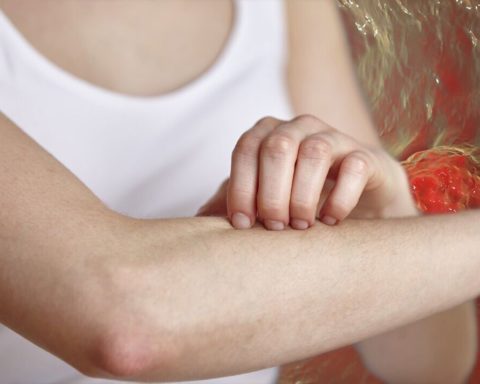Express.co.uk spoke to Jordan Syatt to better understand weight loss and general health as the personal trainer debunked the most popular diet myths. This will help slimmers to better understand which weight loss methods could work for them.
One of the biggest myths some people have about food and nutrition is that carbohydrates can make you gain weight.
Although cutting carbs from your diet and not replacing them with anything else is likely to lead to weight loss, it could also lead to hunger, which makes people binge eat.
For many people, dropping carbs means dropping fibre, which is “perhaps the best natural appetite suppressant there is”, according to Jordan.
This means people are more likely to eat more calories as they will feel hungrier throughout the day.
READ MORE: Kate Middleton prohibited from eating potatoes - follows Queen’s rule
Jordan added “carbs are often great sources of nutrients, and fibre also has links not only to weight loss, but also to lower risks of bowel cancer, Alzheimer’s disease, and more”.
“There are plenty of reasons to limit refined carbs like sugar and white flour – they are not filling and very low in nutrients and fibre – but it is important not to go to extremes when it comes to cutting out carbohydrates,” the personal trainer said.
Another popular myth is eating before bed makes you gain weight. This is not true.
“People basically save most of their calories before they go to bed, and it is consistently found that as long as you are in a calorie deficit, you will lose weight,” Jordan explained.
DON’T MISS:
“Ultimately, a calorie is a calorie at 8am and 8pm – it does not matter what time you are eating, it matters how much you are eating.”
Another myth Jordan debunked was the idea that eating fats makes you fat. This is “incorrect because “many people eat extremely high-fat diets, like the ketogenic diet, and still lose weight”.
The fitness expert continued: “However, fat has more than twice the calories of protein or carbs, with nine calories per gram versus four calories per gram.
“So, ten grams of fat will make you ‘fatter’ than ten grams of chicken breast, if you are already eating over your daily calorie burn.
“But that does not mean you should eliminate fat altogether: it serves essential functions like maintaining hormonal health and improving your absorption of essential nutrients, like vitamin D.”
Speaking of keto, Jordan stressed keto diets do not necessarily mean dieters will lose weight faster.
He said: “The reality is, to lose fat, you need to be in a calorie deficit.
“Many keto advocates claim that keto causes the body to burn more fat for fuel, and while this may be true, this does not seem to promote more weight loss when calories are controlled, according to a meta-analysis of thirty-two trials that compared carbohydrate intake.
“Ultimately, you can do keto and see great progress, or you can follow a different diet and see great progress. As long as your calories are in check, you will lose weight over time.”
The last diet myth Jordan mentioned was the idea that “detox diets are key to a healthy lifestyle”.
He explained: “The harsh reality is that detoxes and cleanses have no benefits and zero research to support them.
“When people claim detoxes are scientifically backed, it is usually because it contains antioxidants, which help the body to fight free radicals, which contribute to ageing – some like to call free radicals ‘toxins, or that it contains milk thistle.'”
Jordan continued: “Some studies have found that people who are hospitalised with liver issues might experience a slight improvement in some symptoms in conjunction with other treatment methods when supplementing with a little milk thistle.
“Marketers will see these studies, conclude that milk thistle helps your liver work, your liver helps you filter waste, and therefore milk thistle detoxes you.
“There is no evidence of this for people with a healthy liver,” the personal trainer added.

